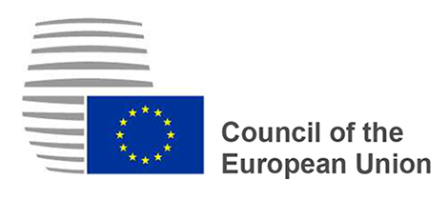
The Council today formally adopted an amending regulation to include REPowerEU chapters in the Recovery and Resilience Facility. The purpose is to strengthen the strategic autonomy of the EU by diversifying its energy supplies and ending its dependency on Russian fossil fuel imports. This is the final step of the adoption procedure.
In practical terms, member states will be able to add a new REPowerEU chapter to their national recovery and resilience plans (RRPs) under NextGenerationEU, in order to finance key investments and reforms that will help achieve the REPowerEU objectives.
Among the key objectives of REPowerEU are increasing the resilience, security and sustainability of the EU’s energy system through the needed decrease of dependence on fossil fuels and diversification of energy supplies at EU level, including by increasing the uptake of renewables, energy efficiency and energy storage capacity.
Additional grants of 20 billion euros will be made available to finance the investments and reforms. The financing sources will be the Innovation Fund (60%) and frontloading ETS allowances (40%).
The allocation key is a formula which takes into account cohesion policy, member states’ dependence on fossil fuels and the increase of investment prices.
Member states will have further opportunities to request loan support including in the case of requests above 6.8% GNI where the relevant conditions apply. Member states will have the possibility of voluntary transfers from the Brexit Adjustment Reserve (BAR).
Background and next steps
On 18 May 2022, the European Commission proposed the REPowerEU package, which modifies the Recovery and Resilience Facility (RRF) regulation and other legislative acts.
The Council agreed its position on the proposal on 4 October 2022. On 10 November, the European Parliament adopted a number of amendments to the legislative proposal, which constitute its position in the negotiations with the Council.
Trilogue negotiations started on 16 November and ended with a provisional agreement reached on 14 December 2022.
The European Parliament adopted the regulation in first reading on 14 February 2023. Now that the Council has adopted the regulation, it will be published in the EU’s Official Journal and enter into force on the following day.







